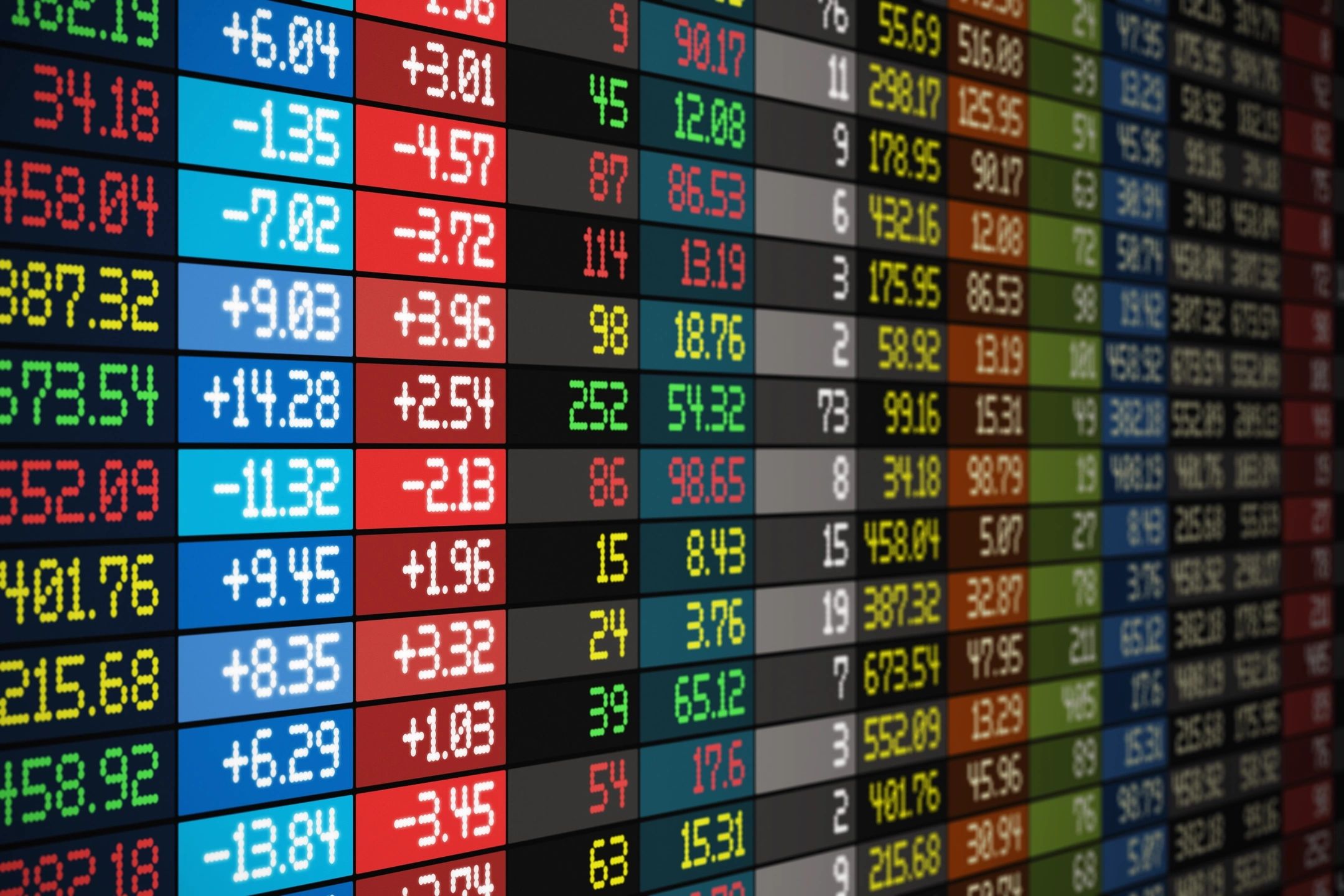Financial markets are where buyers and sellers come together to trade various financial instruments, including stocks, currencies, commodities, and more. They are a cornerstone of the global economy, enabling capital flow and economic growth. Understanding how financial markets work and who participates in them is crucial for anyone looking to trade or invest.
What Are Financial Markets?
Financial markets facilitate the buying and selling of financial assets. These markets can be physical locations, like the New York Stock Exchange (NYSE), or virtual platforms, like the forex market. They provide liquidity, enable price discovery, and ensure efficient transactions.
Key types of financial markets include:
- Stock Markets: Trade shares of publicly listed companies.
- Forex Markets: Exchange global currencies.
- Commodity Markets: Trade physical assets like gold, oil, and agricultural products.
- Derivatives Markets: Trade contracts based on the value of underlying assets.
Who Participates in Financial Markets?
Financial markets involve various participants, each playing a unique role:
Retail Traders
Retail traders are individual investors who trade using personal accounts. They often deal in smaller transaction sizes and may trade part-time. Retail traders aim for either long-term growth (investors) or short-term profits (traders).
Brokers
Brokers act as intermediaries between retail traders and the markets. They execute trades on behalf of clients and may offer additional services, such as:
- Full Service: Managing investments and providing advice.
- Advisory: Offering recommendations but leaving decisions to clients.
- Execution-Only: Simply executing trade orders.
Market Makers
Market makers provide liquidity by quoting buy and sell prices for specific securities. They ensure that traders can execute orders even when there isn’t a direct counterparty available.
Institutional Traders
Institutional traders include banks, hedge funds, pension funds, and mutual funds. They manage large pools of money and often make significant trades that can influence market prices.
Exchanges vs. OTC Markets
Trading on Exchanges
Exchanges, like the London Stock Exchange or NASDAQ, provide a regulated environment where buyers and sellers meet to trade. These venues ensure transparency, enforce rules, and facilitate efficient transactions.
Over-the-Counter (OTC) Markets
OTC markets are decentralized networks where trading occurs directly between parties, often through brokers or dealers. Common in forex and unlisted securities, OTC markets offer flexibility but may lack the transparency of exchanges.
Why Are Financial Markets Important?
Financial markets play a vital role in the global economy by:
- Providing Liquidity: Allowing assets to be quickly bought or sold.
- Facilitating Price Discovery: Determining the fair value of assets through supply and demand.
- Supporting Economic Growth: Channeling funds from savers to businesses and governments.
Final Thoughts
Financial markets are complex ecosystems that enable global trade and investment. Understanding their structure, participants, and mechanics is essential for anyone looking to navigate these markets successfully. Whether you’re a retail trader, an investor, or simply curious, gaining this knowledge is the first step toward informed decision-making in the financial world.
